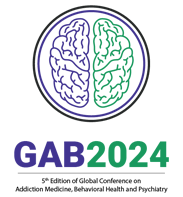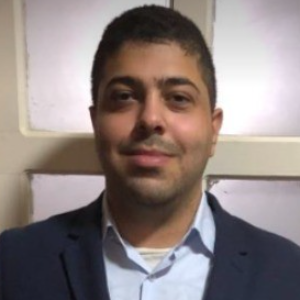Title : Interventions for opioid use disorder among adolescents: A systematic review
Abstract:
Background: This study is a systematic review addressing the critical issue of Opioid Use Disorder (OUD) among adolescents, focusing on the effectiveness of various interventions. It identifies the widespread crisis of opioid misuse, highlighted by the significant numbers of adolescents affected and the severe consequences of this disorder, including high rates of overdose deaths.
Methods: The review included studies targeting adolescents and young adults aged 13–26, addressing opioid misuse through pharmacologic and nonpharmacologic interventions. It focused on research published in English from 2014 to 2024, involving interventions aimed at reducing substance use or treating psychiatric conditions alongside OUD. Participants included adolescents and young adults within the specified age range who were experiencing problematic opioid use and seeking treatment through various referrals. The review considered studies that included Food and Drug Administration (FDA)-approved medications for OUD and behavioural interventions like Cognitive Behavioural Therapy (CBT) and Motivational Interviewing (MI).
Results: Findings demonstrated the effectiveness of integrating pharmacotherapy with cognitive and behavioural therapies CBT, with programs like the Youth Opioid Recovery Support (YORS) showing success in reducing relapse rates. Long-term pharmacological treatments, especially buprenorphine, in conjunction with behavioural interventions, showed improved retention in treatment and reduced substance use.
Conclusions: The review underscores the necessity of early, age-specific interventions and the integration of substance use treatment within broader healthcare systems. It highlights significant gaps in long-term effectiveness studies and the adaptation of adult treatment protocols for adolescents.
Implications for Theory, Policy, and Practice: These findings advocate for evidence-based practices combining medication and psychotherapy, urging policymakers to support integrated care models and invest in age-specific programs. Future research should focus on the long-term effectiveness of these interventions, adaptation for adolescent populations, and assessing pharmacotherapy's effectiveness across different subgroups.
Subject Keywords: Interventions, Adolescents, Opioid Use Disorder, Morphine, Heroin, Codeine.
Audience Takeaway Notes:
The audience, particularly healthcare professionals and policymakers will learn about the effectiveness of combining pharmacologic treatments with behavioral therapies for adolescents with OUD. This knowledge can guide the development and implementation of comprehensive treatment programs. Also, clinicians can use the findings to integrate age-specific, evidence-based treatments in their practice, improving outcomes for adolescent patients struggling with OUD. Moreover, policymakers can use the evidence to advocate for and design policies that support integrated care models, ensuring that adolescents receive appropriate and effective treatment for OUD.
Clinicians will be better equipped to treat adolescents with OUD, potentially leading to higher retention rates and reduced relapse rates, which are critical metrics of success in addiction treatment. Furthermore, administrators and program developers can design more effective intervention programs based on the integrated approaches highlighted in the review. Also, policymakers will have a robust evidence base to inform decisions about funding, program support, and legislative measures to combat the opioid crisis among adolescents.



